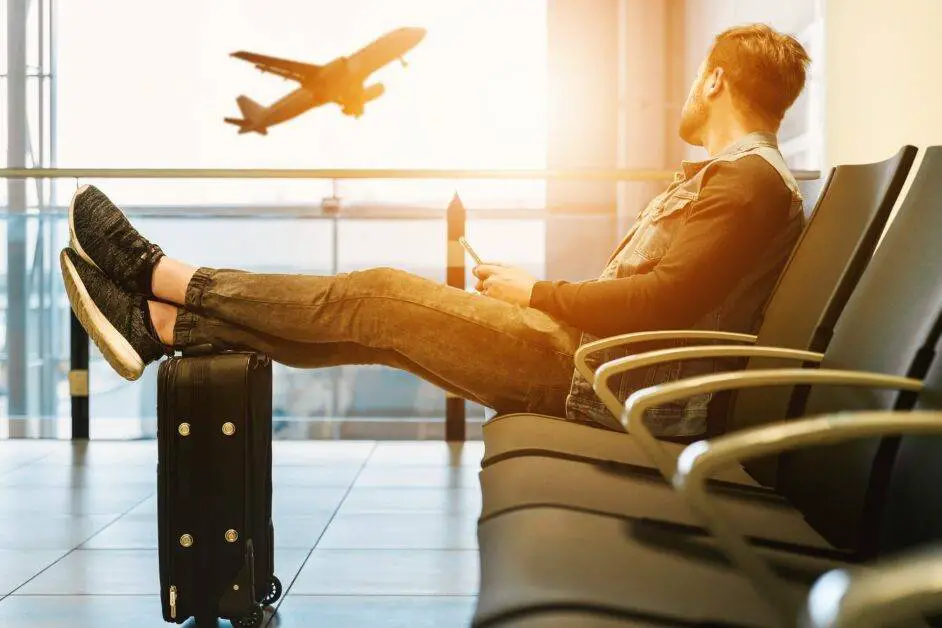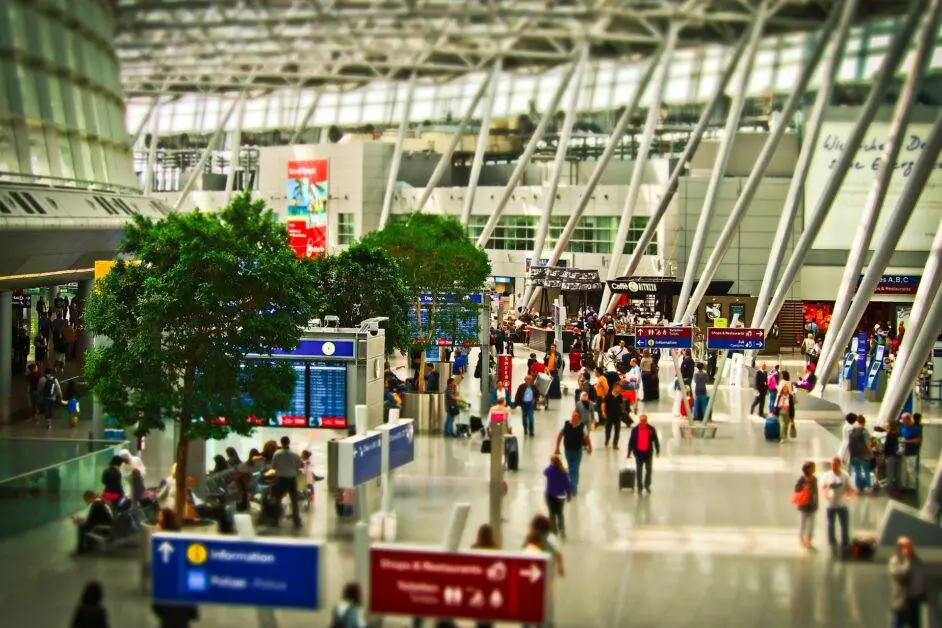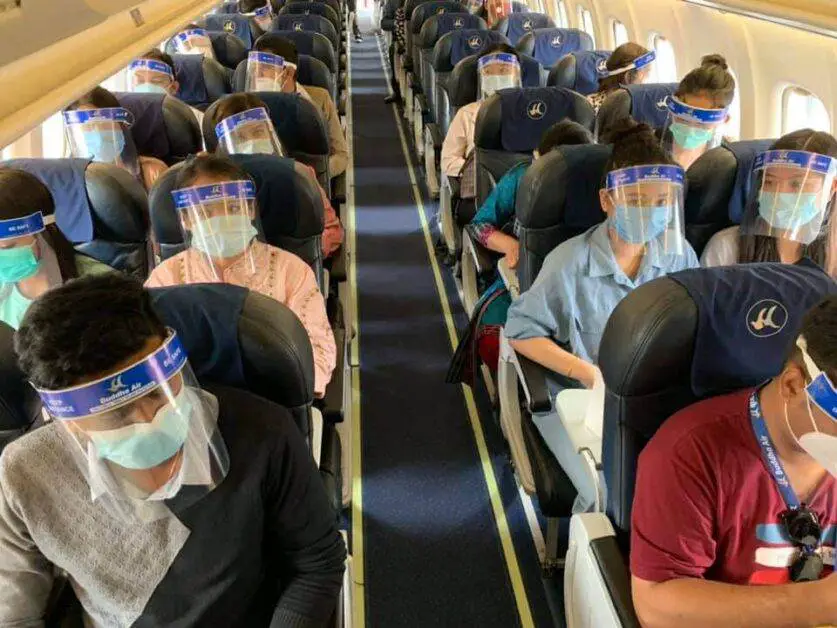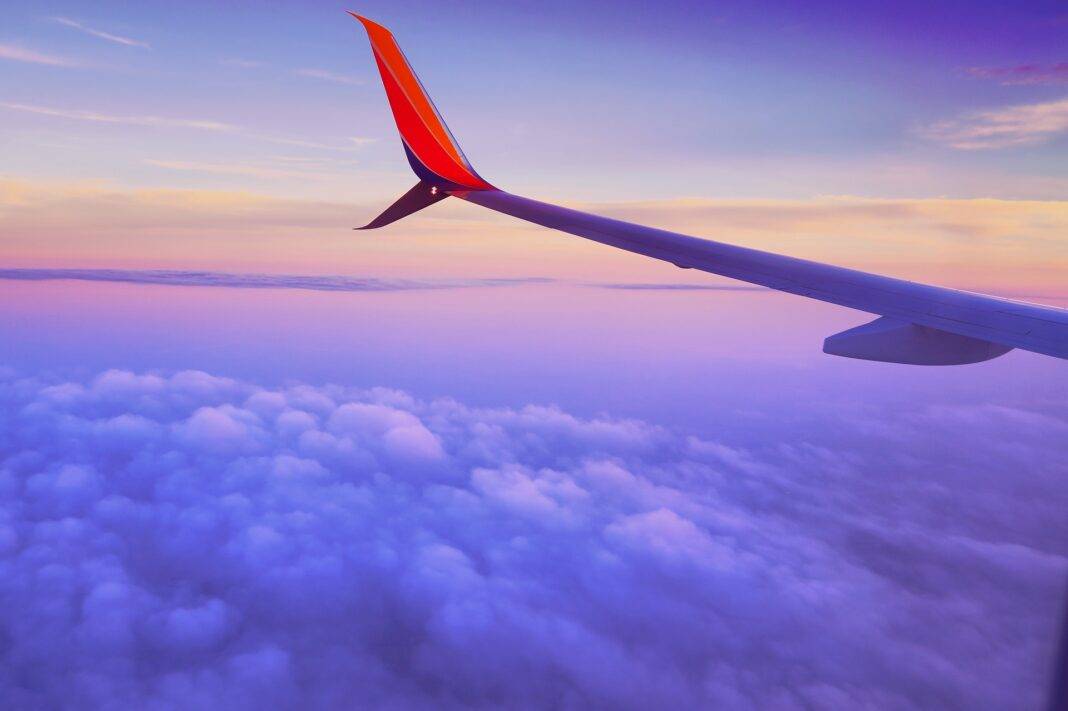The future of the travel and tourism industry looks skeptical as the Coronavirus pandemic is still ruling the world creating more havoc. Airports around the world are closed, the majority of countries are in the lockdown phase and the World Health Organization (WHO) is still uncertain about the solution for the deadly virus that originated from Wuhan, China.
Almost all the businesses are incurring hefty loss and most of them in the verge of closing the operation. Aviation and Hospitality industries are highly affected by the COVID-19 pandemic. The airplanes are grounded, airports have no real-time movement whereas hotel rooms are empty and tourism destinations untouched.
The famous and wealthy airlines including British Airways, Air France are deciding to lay off staff to sustain further. Likewise, hotel and restaurants are sending their staff for unpaid leave.
All these circumstances prove the travel and tourism industry won’t come to pre COVID state sooner as it may take over 4 to 5 years.
In this article, let’s discuss the future of Travel and Tourism analyzing various aspects including aviation, hospitality industry, international travel requirement, travel guidelines, and the sustainability of the travel, tourism business.
AVIATION

Aviation is a delicate industry that is mandatorily required for the sustainability of the tourism industry. Without it, international travel and tourism are almost impossible so, the airline industry must remain healthy for other businesses to run effectively.
Analyzing the current scenario, airlines around the world are conducting fewer flights which are rescue, repatriation, emergency, and medical cargo flights. Most of the airports are closed with the prevailing lockdown creating harsh situations for airlines, aviation companies, travel agencies, and many other businesses.
The popular and wealthy airlines have started to cut off jobs after fearing closure post-COVID-19. Many of the airline staff are set to lose their job and airline unions have been protesting for fair decisions.
Airline companies are sure to bear more losses as their airplanes are grounded requiring more maintenance. Aviation Companies generate ample revenue only when their aircraft fly in the sky with passengers and cargo. Grounded aircraft generate more losses as they require expensive maintenance procedures for maintaining airworthiness.
As per the International Air Transport Agency (IATA), the total estimated loss for the airlines in the year 2020 stands at $84.3 billion. A total of 7.5 million flights have been canceled in a period of seven months starting from January to July. IATA has predicted that the total revenue losses would reach $419 billion at the end of 2020.
With these troubling statistics, it can be predicted that the airline industry won’t return happily sooner. So, it will impact the travel and tourism industry heavily.
HOSPITALITY INDUSTRY

Another highly affected industry due to the pandemic is the hospitality industry with hotels and restaurants staying idle. As per the research conducted by the analysts, the occupancy rates of hotels may recover with a slight improvement from the end of the year 2020.
The international flight movement will take more time to get back into a normal state so, the occupancy will be covered by the domestic tourists only. Foreign Tourist Arrivals (FTA) will begin only after the travel ban gets lifted around the world.
Hotel associations across the globe are expecting a decline in hospitality business in the post-covid period due to the strict travel guidelines, travel bans and the tourists’ fear of getting infected by the virus.
INTERNATIONAL TRAVEL REQUIREMENT

The global air transport is adversely affected by the Coronavirus disease. The airports across the world received a 28.4 percent decline in global passenger traffic during the first quarter of 2020 which is equivalent to a decrement of 612 million passengers. This ratio is expected to further plummet by 50.4 percent as the disease is not showing any signs of improvement.
The International Civil Aviation Organization (ICAO) will implement stricter rules, guidelines in coordination with WHO once the international travel kick starts. The organization will keep safety, security, public health, and confidence among passengers, aviation professionals in the highest priority.
Some requirements for international travel are:
Minimal movement of passengers allowed in the beginning phase
Introduce best aviation public health practices
Airport and airlines must act according to the guidelines
TRAVEL GUIDELINES

The future of the travel and tourism industry will also be affected by the various health guidelines instructed by the WHO. Passengers may find difficulty in traveling with the regulations and may opt to postpone their travel dates.
The WHO has recommended some guidelines for personal hygiene, cough etiquette, and social distancing during travel.
WHO travel guidelines include:
Travellers must clean their hands frequently with soap or alcohol-based sanitiser
Nose and mouth must be covered with elbow or paper tissue while coughing and sneezing
Touching mouth and nose must be prohibited
Wearing proper mask is recommended
Countries must intensify the medical surveillance
International Health Regulations (2005) must be strictly followed
Travellers are advised to follow proper food hygiene practices
TRAVEL AND TOURISM BUSINESS

The Coronavirus pandemic is expected to reduce over 50 million jobs around the world in the travel and tourism business. World Travel and Tourism Council said that it may require more than a year to return into normal condition.
As per the analysis report, the flight and hotel occupancy may only hit single digit during the first phase post-COVID in the United States, European Countries, and the Asia Pacific regions.
Almost 28 percent of the travel and tourism operators are at a huge risk of losing their business within the coming 3-6 months. The survey says the small businesses are expected to be highly affected by the pandemic.
Talking about the startups, many of them will not survive the impact of the Coronavirus. There were lots of startups pre COVID who had just started operating. Such startups will be hard hit if they don’t act in areas like virus prevention, detection, effective management, and operational efficiency.
With all the above-mentioned circumstances and consequences, the tourism business will incur losses even after the Coronavirus ends. So, the travel and tourism business owners must prepare themselves for the upcoming situation, retain their staff, revise the business model, and sustain in the industry.





